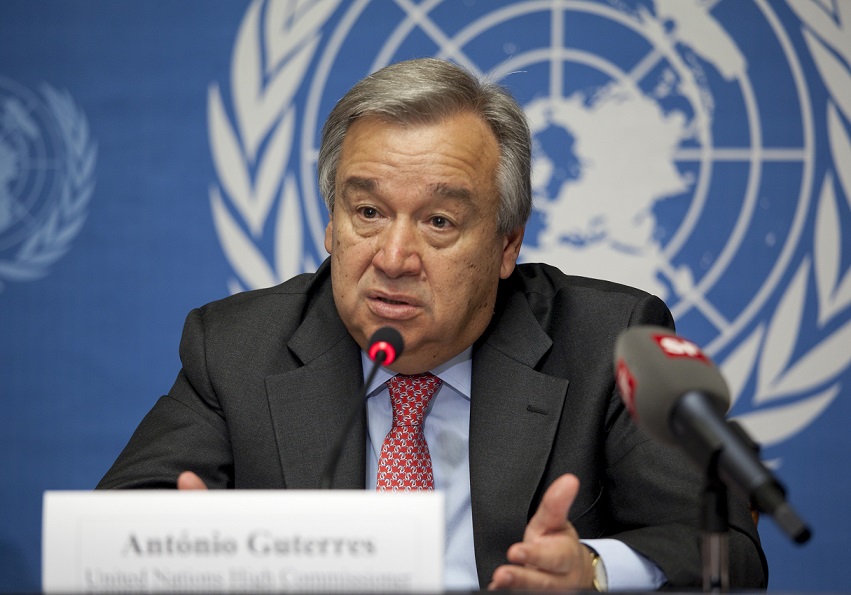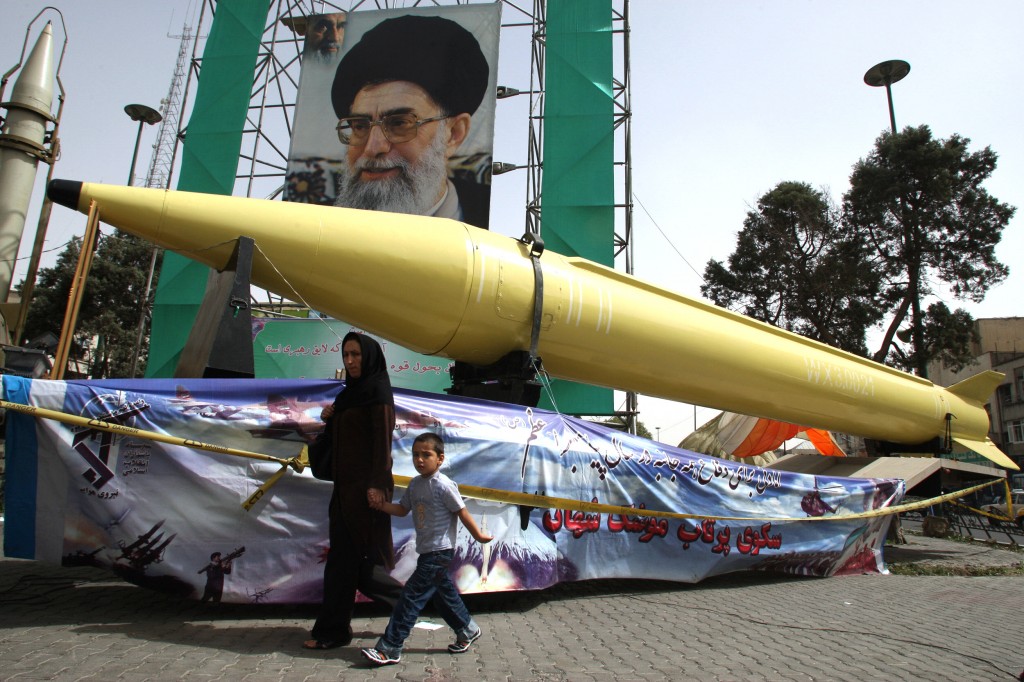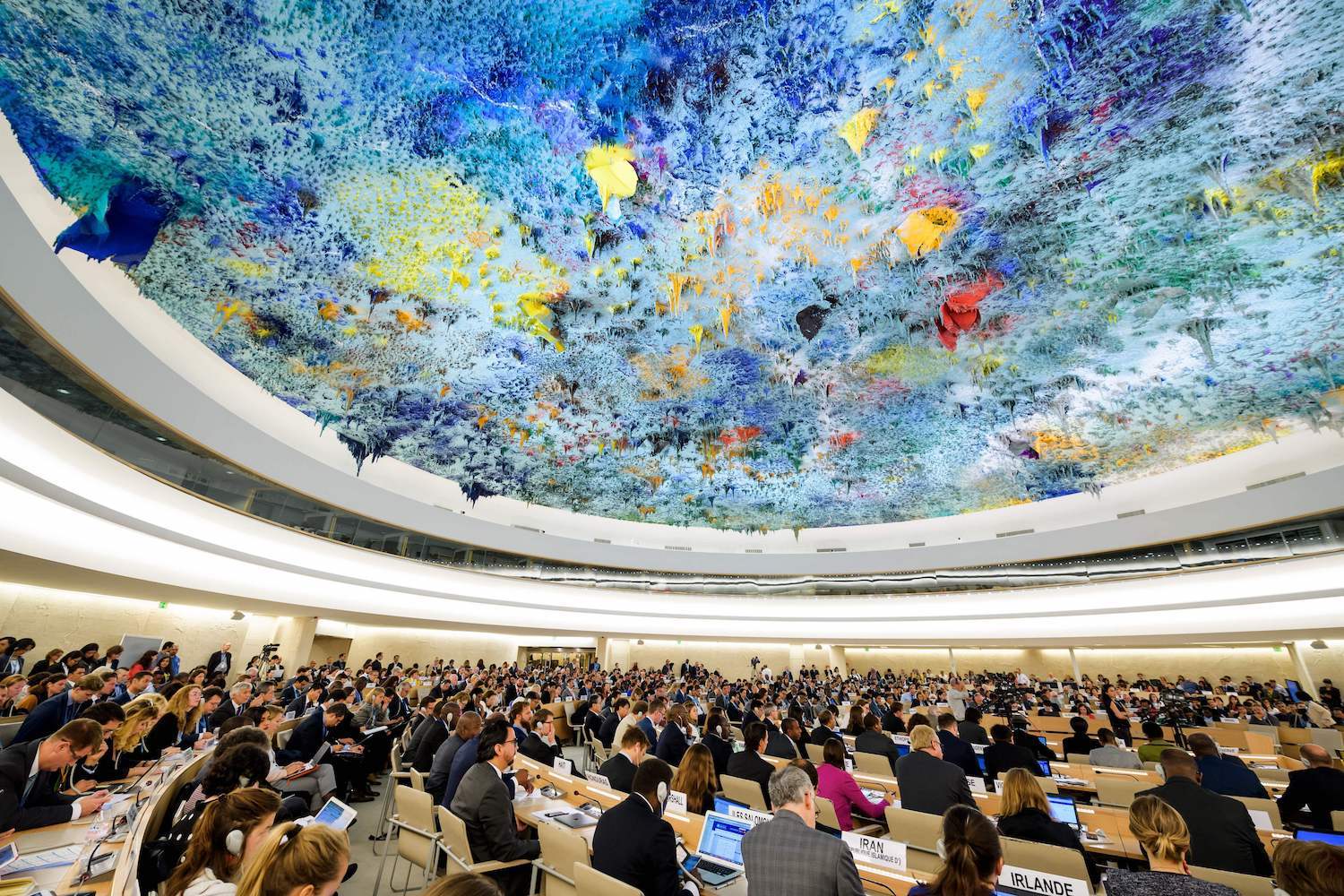July 2018 Review
TransConflict is pleased to present a selection of articles published during July, plus updates from the Global Coalition for Conflict Transformation.
| Suggested Reading | Conflict Background | GCCT |
1) Detente redux – the USA, Russia and China in the modern world
Matthew Parish – The rationale for détente with Russia and China, then as now, derives from a change in American foreign policy philosophy. The drive to pursue a rules-based order around the globe is perceived by the current White House as over-optimistic and unrealistic. With Russia, talk of international law must be replaced with an uneasy but workable compromise to maintain the European peace. With China, future disputes will be about commerce and the balance of trade. Read on…
2) The law of shame that defies Jewish values
Dr. Alon Ben-Meir – This deplorable new law forfeits the Jews’ dream of having a real democratic state in which they take pride; a just and benevolent state at peace with itself and its neighbors, a state the world would admire for its magnificent achievements and contribution to the betterment of human kind. Read on…
3) Europe and the Trump Presidency
Matthew Parish – The UN is widely regarded as an embarrassment and even a disgrace. International law is honoured in the breach. Unless and until the international system can be reformed, a sharp dose of American realism may be the only way for states safely to conduct international relations. Reliance upon International law that fails all tests of robustness may lead us to dangerous illusions and alleviate diplomats from the important responsibilities of their profession, namely talking to avert war. Read on…
4) The future of the EU in the wake of Trump’s betrayal
Dr. Alon Ben-Meir – Trump has become a marionette manipulated by a master puppeteer, Putin. He can no longer be trusted to serve either America’s or our allies’ interests. To be sure, Trump will face the judgment of the American electorate, hopefully sooner rather than later, and the historically indispensable alliance with our European partners will be restored. Read on…
5) What now for the two Koreas?
Matthew Parish – All that resolution of the dispute on the Korean peninsula required was courage. The road to reunification will be rocky. There may be plenty of people who try to wreck it. The United States and China will have to hold firm upon their agreed course. But in all likelihood this is a deal that will stick. It is a rare foreign policy success in a dangerous modern world. Korea is a dispute that belongs only in the annals of the Cold War, and that is surely now to where it will be relegated. Read on…
6) Conference on security and cooperation in the Middle East
Rene Wadlow – The Association of World Citizens has for a good number of years proposed a Conference for Security and Cooperation in the Middle East with full recognition of all States in the region with steps toward a Middle East Common Market and cooperation on water issues. Such a Middle East Conference is based on the Helsinki Conference of 1973 -1975. Read on…
7) Restraining Persia
Matthew Parish – There can be no new Joint Comprehensive Plan of Action (JCPOA). Iran is too much of an enigma. We do now know exactly what we are dealing with, to get involved. Instead Iran must be kept at bay. Sanctions must be maintained, to starve the government of funds to deploy militias. If necessary – but only if necessary – military means should be used to retard nuclear proliferation. Read on…
8) Bringing youth to the table on issues of peace and security
Brenna Gautam – With diversity comes improved creativity and innovation. In addition to countless other benefits of involving more diverse perspectives in peace and security conversations, the importance of allowing youth to take part in shaping the international legal architecture that will eventually govern us during times of conflict and instability is invaluable, and UNSCR 2419 is a positive step towards that goal. As a young person, I look forward to its implementation. Read on…
9) Recasting the Levant
Matthew Parish – The approach in the Levant should be to hold and manage territory using international military force, deterring further escalations, for the indefinite future until informal zones of influence might crystallise into more robust institutional structures. This may take years, if it ever happens. At the current juncture, the biggest risk is premature US withdrawal. Read on…
10) Yemen – political stalemate, mercenaries prosper, the population disintegrates, and humanitarian relief blocked
Rene Wadlow – Today, the choice between an end to the armed conflict with negotiations for a renewal of a Yemeni State on the basis of the con-federal system proposed and continued fighting in the hope that one faction become a “winner-take-all” is relatively clear. The Association of World Citizens is resolutely for an end to the armed conflict with serious negotiations on the structure of a future State. Read on…
11) Human rights in the United Nations system
Matthew Parish – The scale of the crisis in the UN human rights architecture is confirmed when the world’s biggest donor, and one of the world’s principal advocates of rule of law, unilaterally pulls out. The question now is how to preserve human rights at the core of the UN system, if at all, and to address the concerns that led to US withdrawal that it must be accepted is extremely damaging to the reputation of the human rights system. Read on…
12) Hamas will invite war in the search for a long-term solution
Dr. Alon Ben-Meir – Those who suggest that Hamas is irredeemable, as many Israelis contend, are simply wrong. Notwithstanding their public statements to the contrary, Hamas knows that Israel is here to stay, it cannot be defeated now or at any time in the future, and a solution to their conflict can be found only through negotiation. Read on…






























